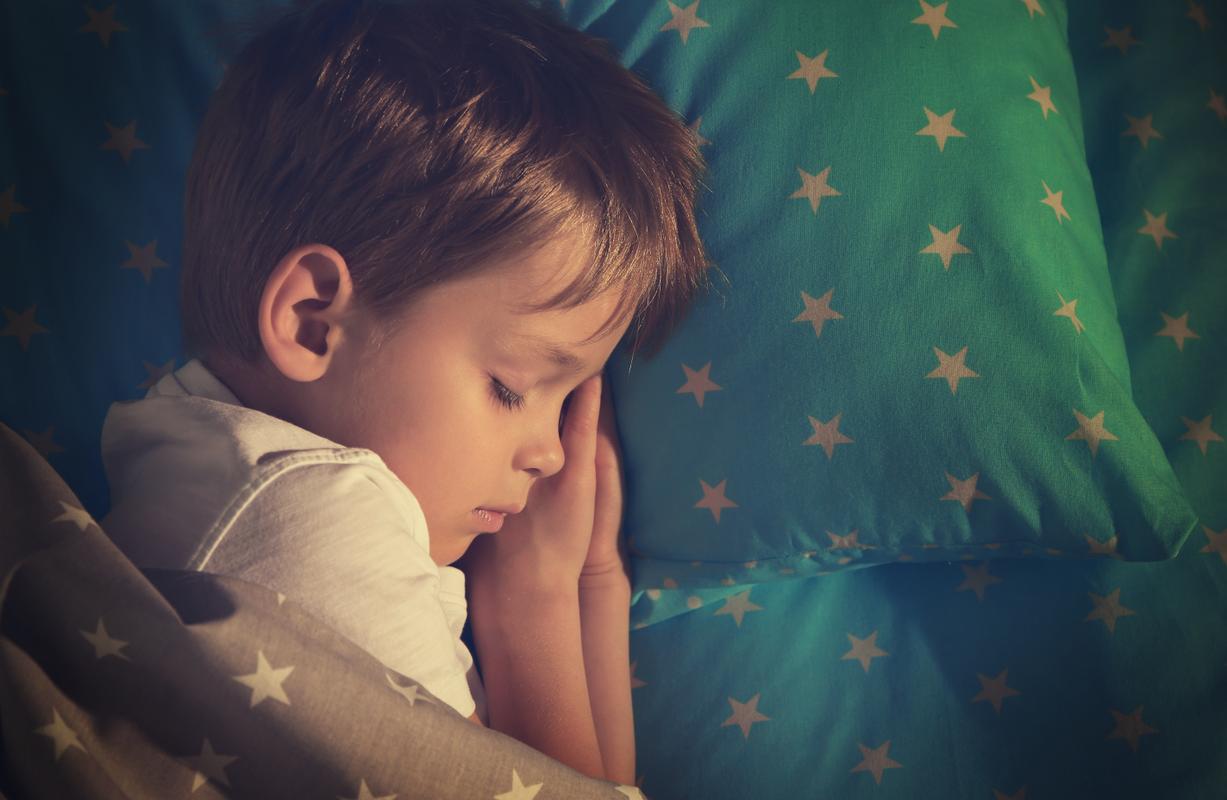About six per cent of children between 6 and 12 years regularly wet the bed. Bedwetting can have various underlying causes, such as an overactive bladder or high urine production, and always goes together with deep sleep. Which stops the child from waking up with the urge to urinate.
Measure sleep with a smart watch
A recent UZ Leuven/KU Leuven study looked at the sleeping pattern of children that wet the bed. The researchers uses smartwatches that can also register sleep phases, in addition to movement. The children wore the watch every night for two weeks, while sleeping in their own bed.
By using a smartwatch to make measurements, we could examine the child in its home environment. This is much more realistic than for instance in a sleep lab in the hospital.prof. dr. Guy Bogaert, paediatric urologist UZ Leuven
Prof. dr. Guy Bogaert, paediatric urologist in UZ Leuven and prime investigator of the study: “We have chosen to go for measurements with a smartwatch so that we can examine the children in their own home environment. This is a lot more realistic than for instance in a sleep lab in the hospital. We discovered that children that wet the bed sleep less efficiently than peers that nu longer wet the bed. They also displayed a higher level of restlessness and a stronger variation in the length of REM sleep, the phase we dream in.”
Learning how to wake up
The new insights into deviating sleeping patters can help for the treatment of bedwetting. Prof. dr. Bogaert: “In a next step we want to examine in which sleeping stage the bedwetting occurs. It could also be interesting to know whether treatments that restore sleep also prevent bedwetting. Vice versa we can use the smartwatches to follow-up on whether the current treatments also normalise the sleeping patterns. This could be the case for the urine alarm, which teaches children to wake up when they have to urinate.”
The study is a nice example of how new digital technologies can contribute to scientific research. Smartwatches that can register sleep and other parameters can undoubtedly help answer a lot more questions about the role sleep plays in bedwetting.
